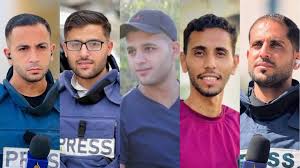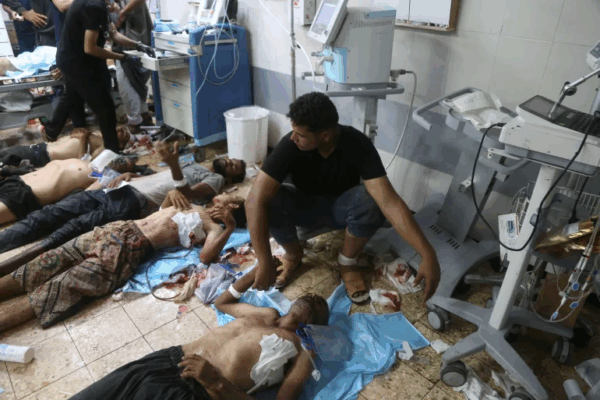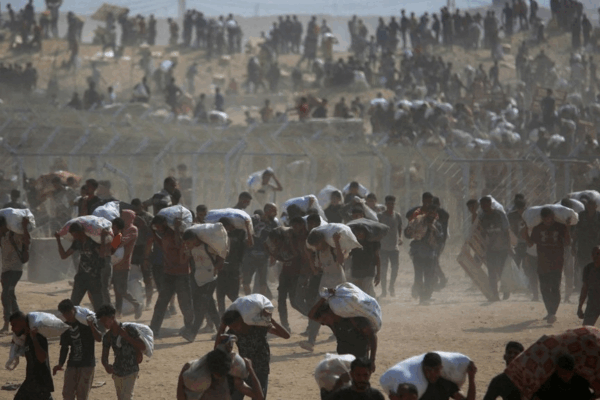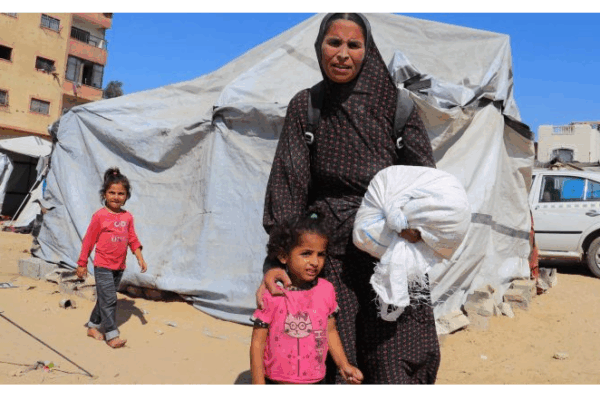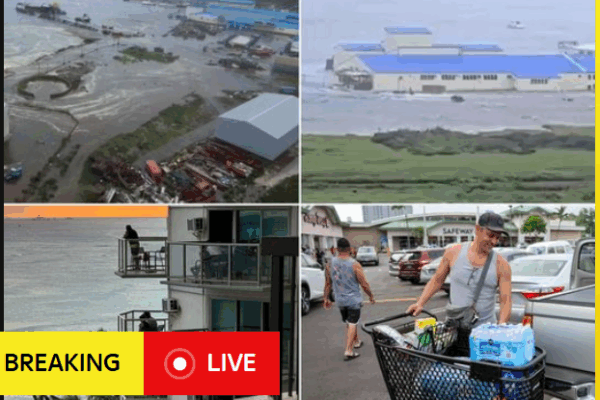United States President Donald Trump has ordered the deployment of two nuclear submarines closer to Russian territory, marking a significant escalation in his ongoing war of words with Russian Security Council Deputy Chairman Dmitry Medvedev. In a post on his platform, Truth Social, Trump said the move was a direct response to what he described as “highly provocative statements” made by Medvedev earlier in the week, including warnings about Russia’s Cold War-era nuclear weapons system, commonly referred to as the “Dead Hand.” “I have ordered two nuclear submarines to be positioned in the appropriate regions, just in case these foolish and inflammatory statements are more than just that,” Trump wrote. “Words are very important, and can often lead to unintended consequences. I hope this will not be one of those instances.” This latest exchange follows a string of increasingly hostile remarks between both leaders in recent months. Medvedev, once Russia’s president and now a key Putin ally, has used social media to taunt Trump, while Trump has publicly lambasted Russia’s invasion of Ukraine and openly criticized Medvedev’s rhetoric. Earlier this week, Trump dismissed concerns over India-Russia trade relations, instead taking aim at Medvedev: “Russia and the USA do almost no business together. Let’s keep it that way, and tell Medvedev, the failed former President of Russia, who thinks he’s still President, to watch his words. He’s entering very dangerous territory!” Medvedev responded sarcastically on Telegram, invoking Trump’s apparent love for “The Walking Dead” and mocking the U.S. leader’s warnings. “If some words from the former president of Russia trigger such a nervous reaction from the high-and-mighty president of the United States, then Russia is doing everything right,” Medvedev wrote.“And as for ‘dead economies’ and ‘dangerous territory’ — well, let Trump remember his favourite films about the ‘Walking Dead.’” Rising Nuclear Rhetoric This isn’t the first time the two have exchanged nuclear threats. Back in June, Trump accused Medvedev of casually referencing nuclear weapons and offering warheads to Iran. He responded by highlighting America’s powerful nuclear submarine fleet, calling them “the most powerful and lethal weapons ever built.” The confrontation adds to concerns over global stability as nuclear rhetoric intensifies from both sides. Frustrations Over Ukraine The clash also reflects Trump’s growing frustration with the stalled efforts to end the Russia-Ukraine war, which has dragged on since Russia’s full-scale invasion in February 2022. Despite entering his second term promising to be a “global peacemaker,” Trump has faced criticism for appearing to favor concessions to Russia in earlier negotiations. In recent weeks, however, he has adopted a tougher stance—imposing deadlines on Moscow and warning of severe economic sanctions. “Russia — I think it’s disgusting what they’re doing,” Trump said on Thursday, following fresh Russian shelling of Kyiv. Medvedev has dismissed Trump’s threats as “theatrical,” warning that his confrontational approach risks triggering a wider conflict—possibly involving the U.S. “Each new ultimatum is a threat and a step towards war. Not between Russia and Ukraine, but with his own country,” Medvedev said. As tensions rise and military assets are repositioned, the world watches closely, with fears of further escalation between the world’s leading nuclear powers. Source: By Al Jazeera
